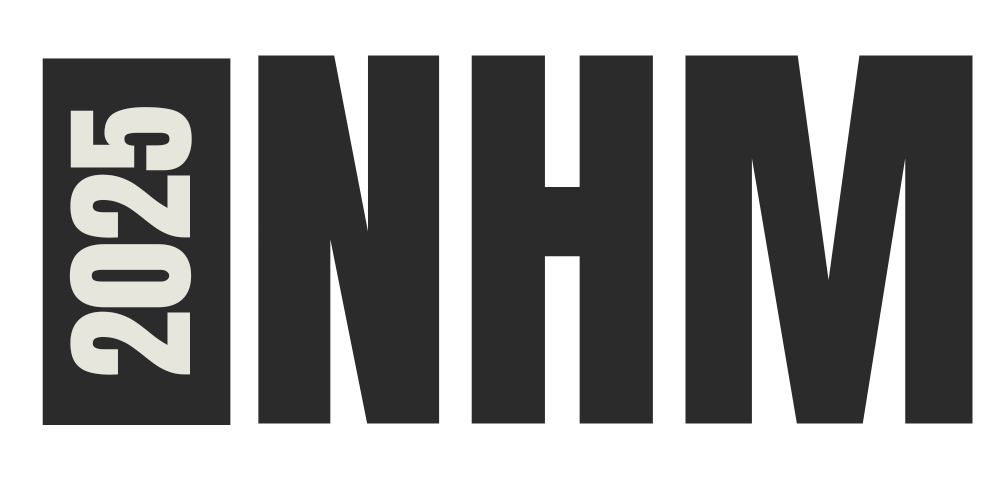About
About
About NHM 2025
Velkommen / Welcome
Velkommen
Den 13.-15. august 2025 afholdes det 31. Nordiske Historikermøde på Islands Universitet i Reykjavik. Det Nordiske Historikermøde er et vigtigt mødested for historikere og alle dem som arbejder med historie i området. Mødet er en enestående mulighed for at udforske både fagets nyudviklinger samt utallige potentialer for både forskning og formidling indenfor nordisk historie.
Konferencens tema er GRÆNSER og lægger vægt på at undersøge dynamiske processer, både igennem historien og inden for historiefagets udvikling.Grænser er altid i bevægelse både mentalt og geopolitiskt og udfordres tit af nyudviklinger i f.eks. teknologi og ideologiske strømninger. Historien er derfor fyldt med eksempler på krig, konflikter og forhandlinger i forbindelse med at grænser flytter sig – men kan også findes i kulturkritiske samfundsforandringer og diskussioner om alt fra lighed, identitet og menneskerettigheder hvor både individer og samfundets institutter udforsker deres egne grænser. Historiefagets grænser er også hele tiden i bevægelse, historikere arbejder ikke bare med flere typer kilder end før, de inddrager også flere subjekter og stemmer i sit arbejde og er mere tværfaglige i både sin metodiske tilgang og formidling.
Vi glæder os meget til at byde jer alle sammen velkommen i Reykjavík i 2025!
Welcome
The 31st Congress of Nordic Historians will be held at the University of Iceland in Reykjavík, August 13-15, 2025. The Congress of Nordic Historians is an important meeting place for historians and all those who work with history in the Nordic region. It provides a unique opportunity for historians to explore both new developments in the field and develop possibilities for research and outreach.
The theme of the conference is BOUNDARIES and emphasizes the examination of dynamic processes, both throughout historical time periods and within the development of the subject of history.The concept of boundaries refers to how borders and boundaries are always in motion, both mentally and geopolitically, and they are often challenged by new developments, for example in technology and ideological shifts. There are countless examples of war, conflicts, and negotiations in relations to moving borders – and we can also look to cultural, political, and societal challenges to prevailing ideas about equality, identity, and human rights as instances where both individuals and institutions explore their own boundaries and borders. The boundaries of the field of history are also constantly in motion. Historians now work with a more varied group of sources than ever before resulting in various new actors and increasing inclusivity in historical research. Finally, historians are interdisciplinary in both their methodological approaches and their public outreach.
We look forward to seeing you in Reykjavík in August 2025!
